The Volkswagen Group is seeking a partner for the joint development of a circa-£17,000 electric car, according to a new report, which cites Renault as one potential collaborator.
German trade publication Handelsblatt reported that Volkswagen was in “very early” talks with Renault on the subject, citing sources said to be familiar with the matter.
Volkswagen and its partner firm – which is yet to be decided – could produce a combined 200,000-250,000 cars per year, added the newspaper.
Spokespeople for Renault and the Volkswagen Group declined to comment.
Each firm has already detailed its own plans to produce an affordable, mass-market EV, with Volkswagen looking to launch the ID 1 in the coming years and Renault developing a production version of the reborn Twingo concept.
Volkswagen Group chief financial officer Arno Antlitz said in June that the German giant was working “full steam ahead” to develop an EV priced at around €20,000 (£17,000).

Speaking on the larger, €25,000 (£22,500) ID 2, Antlitz added that raw material costs would be key.
He said: “[We have also seen a slight] improvement or relief on the raw material cost. Look at lithium: it came down. Nickel came down. So from this perspective, we’re quite confident that we can achieve that €25,000 target and, at the same time, have a decent margin.”
The ID 1 was planned to use an all-new architecture, with Skoda understood to be playing a key role in this platform’s development, but little detail is yet known.
The future of the ID 1 project has more recently faced uncertainty. In November, Volkswagen Group CEO Oliver Blume told a conference in Berlin that he believed it would be possible to produce a €20,000 EV by the second half of the decade but that VW had yet to make a final decision on the project.

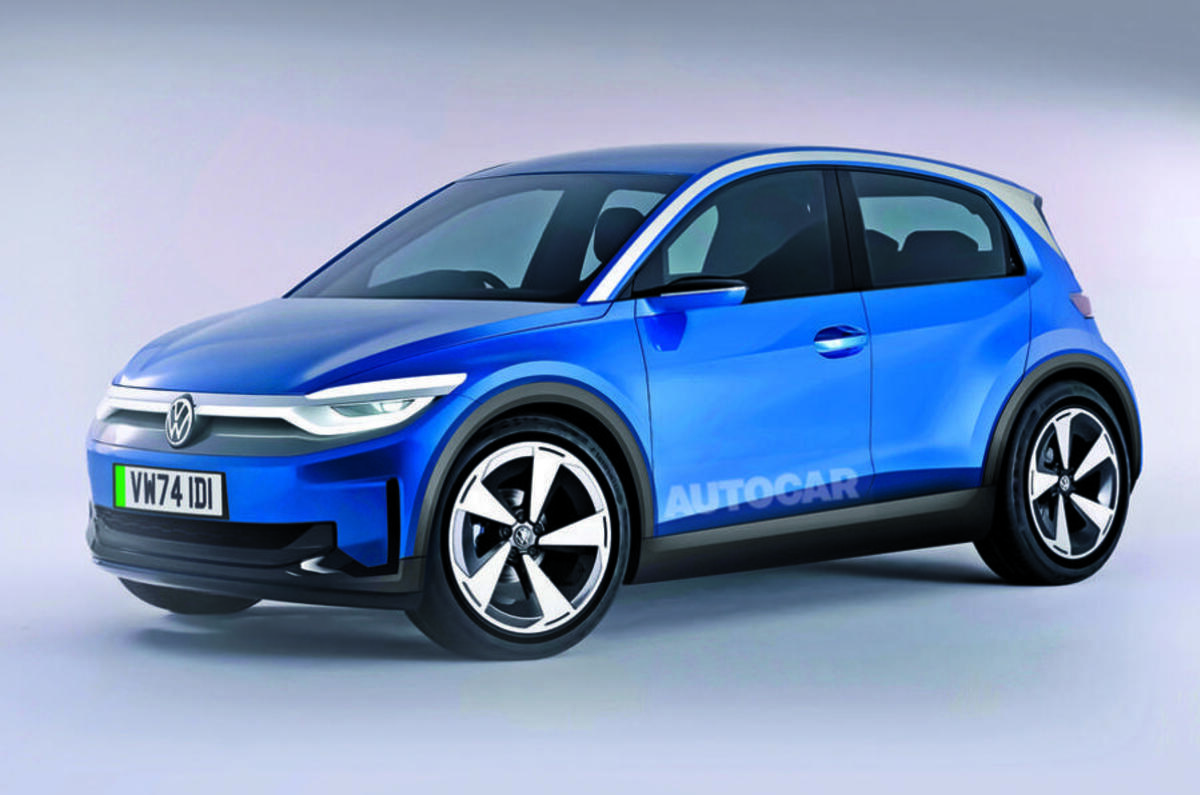
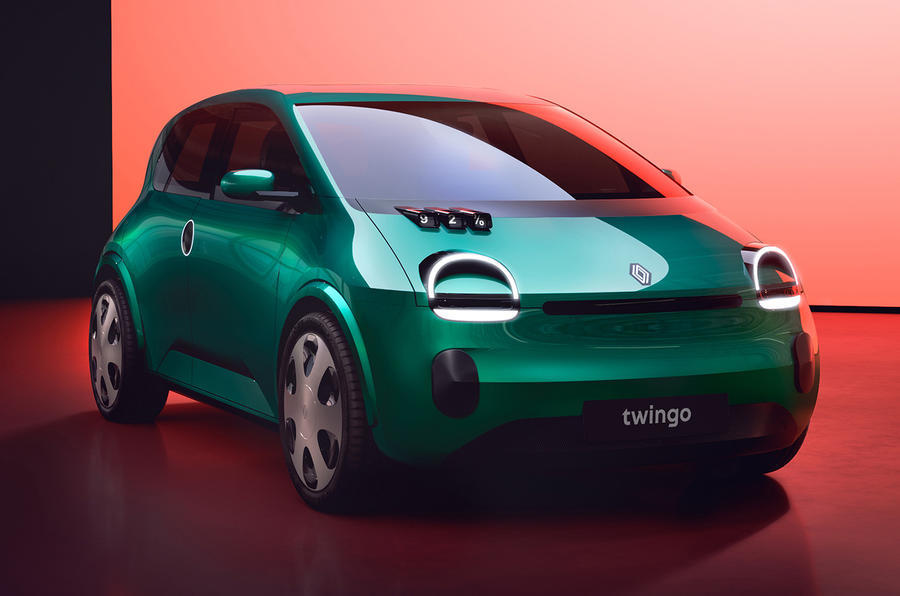
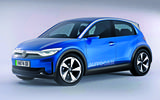
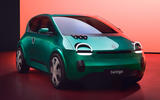

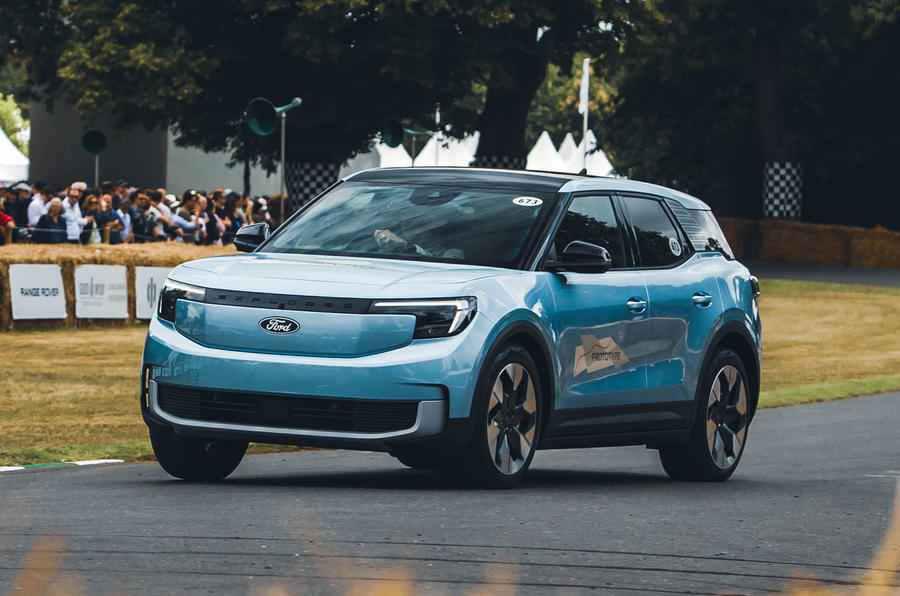
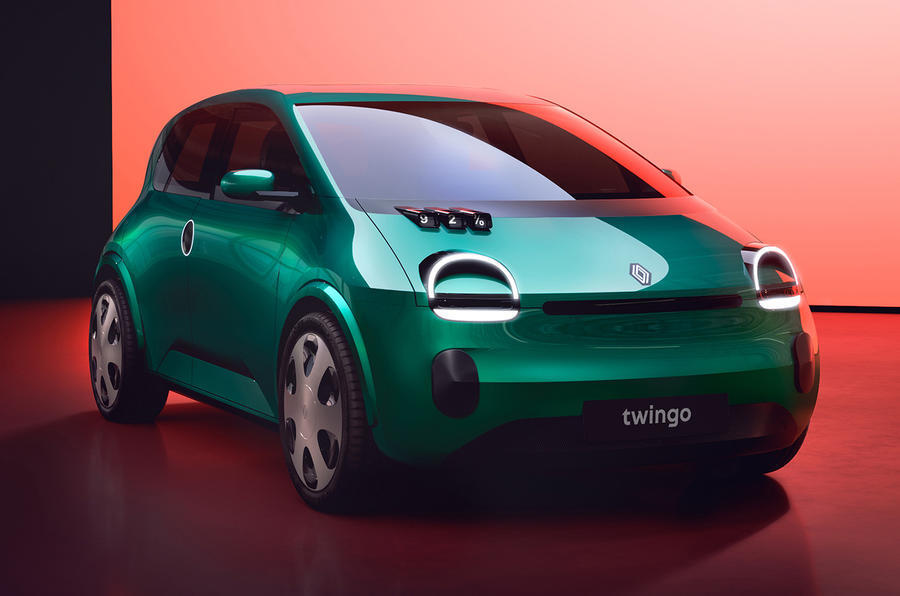





Join the debate
Add your comment
The VW New Small Platform(Up/Citigo/Mii)cost VW a billion or more. Just refitting the Factory in Slovakia alledgedly cost near 400 million Euro. That is an awful lot of sunk costs to recover and the profit isn't there on a small car. What VW do know from the UP is that they can sell about 80,000 to 100,000 of them in E.U. each year at a premium of about 600 to 800 euro per unit over a Citigo by just putting the VW logo on the front and they can maybe provide the finance package to consumers to churn more profit.
As a VW and Renault Shareholder I'd be happier to see VW using the Twingo platform so that dividends can be paid to me from both.
Another project for VW to back out of half way through.
Check out Autocars 7th December article about Stellantis and battery swapping in electric cars, wouldn’t that also maybe an ideal thing to do in electric city cars meaning no requirement for public chargers or off street home charging, just a thought I realise not without challenges to achieve but possible.